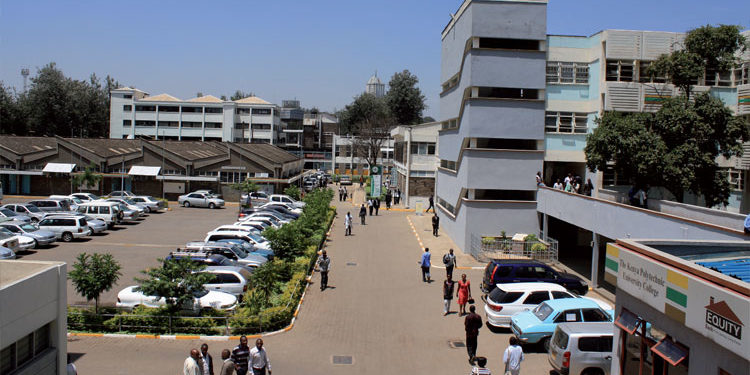The Technical University of Kenya (TUK) is facing financial challenges, unable to pay full staff salaries due to delays in funding from the National Treasury.
An internal memo from Stephen Karanja, TUK’s Deputy Registrar for Human Resources and Registry, revealed that staff members in grade V and above received only 65 percent of their July salaries, while those in grade IV and below were paid in full.
“The university has received a reduced capitation amount for July 2024. This reduction has unfortunately created a deficit in our ability to pay the full salary for our staff in the month of July 2024,” Karanja stated in the memo dated August 13, 2024. He assured staff that the balance would be paid once funds become available.
Public universities have long struggled with financial instability, primarily due to the delayed release of student capitation payments from the National Treasury. This problem has persisted despite the introduction of a needs-based funding model, intended to replace the differentiated unit cost model.
However, the new system has faced challenges, including cash flow constraints at the Treasury and complaints from students about incorrect financial need placements.
As the crisis deepens, lecturers under the University Academic Staff Union (UASU) have issued a seven-day strike notice in response to delayed and incomplete salary payments, threatening to disrupt learning in these institutions.
Charles Ochola, the Vice-Chancellor of Tom Mboya University, highlighted the dire situation facing many universities. “There are universities that are not paying salaries in full, others are paying the net instead of gross salaries. Then some cannot pay salaries unless they get capitation and as we all know, this has been delayed,” Ochola said
Ochola also emphasized the need for prudent management of available resources. “But it is both a question of how we prudently manage the little resources we get. Universities must focus on priorities in order to come out of this hole,” he added.
















